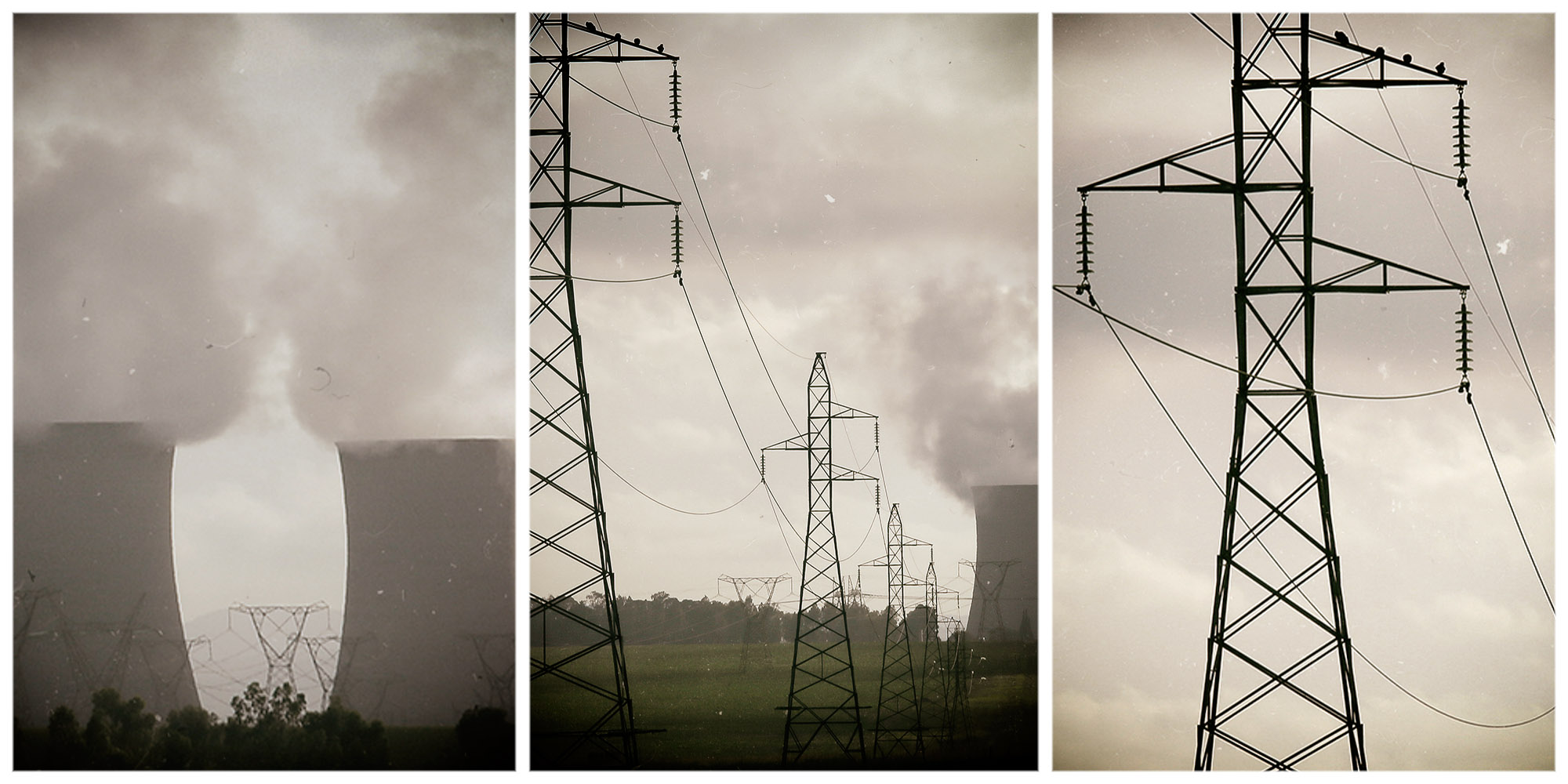In August, Minerals Council South Africa surveyed its members on the issue of the carbon tax which became law in May and will come into force in 2022. The response was sobering.
“Across the 18 mining companies that responded to the survey, the carbon tax is estimated to cost as much as R517-million a year in phase 1 of the implementation of the tax,” the council said in its annual “Facts and Figures” report on the industry which was released this week.
“In the absence of the offsets allowed in phase 1, the carbon tax liability for these 18 companies is estimated to increase to R5.5-billion for each year of phase 2. This represents a 972% increase in the tax liability,” it said.
That would be a significant burden on an industry that has struggled for years with volatile prices, surging power and labour costs, and social and labour unrest. It has also had to grapple with policy uncertainty – a major obstacle to investment – and the carbon tax is about as clear as a cheap bottle of sherry.
This murkiness stems in part from confusion over the fate of the offsets during the second phase. Without them, the carbon tax burden will rise, but any attempt at estimating the scale at this stage would be no more than a thumb suck. But investors don’t like thumbsucks and mining is a long-term game, with significant capital allocated to projects years before their completion.
“In the absence of policy certainty from the National Treasury and if the allowances granted in phase 1 are removed, the potential carbon tax liability on scope 1 emissions for the mining sector would rise to R10.2-billion per annum (75 million tonnes of GHG emissions multiplied by the carbon tax rate of R137 per tonne),” the Minerals Council said.
“It is important to note that mining companies cannot pass on the carbon tax to final consumers, so these costs will be absorbed by the companies,” it pointedly said.
The first phase of the tax comes into force from June 1 to December 2022. The tax rate for that phase will be R120 ($8.34) per tonne of carbon dioxide equivalent. Tax breaks and offsets will reduce the effective rate to between R6 and R48 per tonne of CO2 during that phase.
The Treasury will review the impact of the tax before the second phase starts in 2023. But that just raises further uncertainties. Will six months be enough time to judge the impact? Will the Treasury maintain the offsets or decide to go hammer and tongs for the revenue?
The Minerals Council, using an impact model based on the price of electricity from 2022, said that it estimates the tax will reduce employment in the mining sector by 6,000 jobs a year, cut R4.0-billion in annual output and lift annual costs by R10.2-billion.
These estimates are just that – estimates. But there is no doubt that the tax, which aims to curb the emissions of greenhouse gases linked to climate change, will be an additional cost to the industry, and one that it cannot pass on to consumers. BM





 South Africa's carbon tax came into effect on 1 June 2019. (Photo: EPA/KIM LUDBROOK)
South Africa's carbon tax came into effect on 1 June 2019. (Photo: EPA/KIM LUDBROOK)